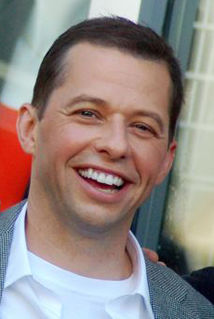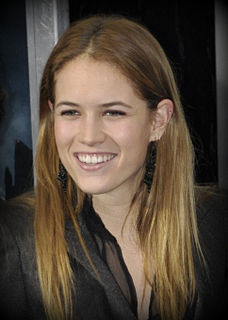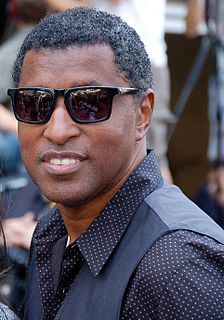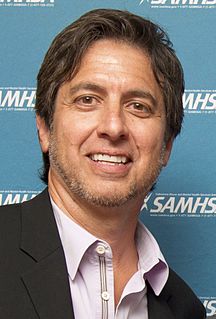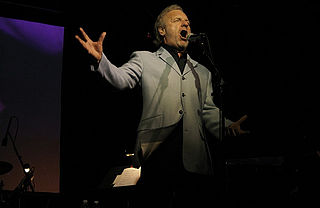A Quote by Jon Cryer
On the stage you develop a character that's different from yourself. In a film they're always saying, 'Walk over here. Say this line. Be you.'
Related Quotes
You get to know a character that you play on-stage in a pretty profound way over a length of time. I don't want to sound highfalutin and say you become the character, you just start bringing more and more of yourself to the part until the character and actor, it's hard to tell them apart. It's some weird amalgam. In film, because of the period of time, I don't know that you ever get that deep into it.
Does character develop over time? In novels, of course it does: otherwise there wouldn't be much of a story. But in life? I sometimes wonder. Our attitudes and opinions change, we develop new habits and eccentricities; but that's something different, more like decoration. Perhaps character resembles intelligence, except that character peaks a little later: between twenty and thirty, say. And after that, we're just stuck with what we've got. We're on our own. If so, that would explain a lot of lives, wouldn't it? And also - if this isn't too grand a word - our tragedy.
Film and stage are very different; I don't necessarily prefer one over the other. Every few years, I get a big itch to go back to the theater. To learn humility, to learn bravery and to remind yourself that the pistons that drive your craft are working on full power. And to remind yourself how badly paid actors can be.
And, for any performer, to be able to go deep into character is fantastic. In film you only get to do that if you're the leading character. But in television you get 18 hours to really test the audience and take them to the edge of how far they will go with this character. I can step over this line and I love that.
African films should be thought of as offering as many different points of view as the film of any other different continent. Nobody would say that French film is all European film, or Italian film is all European film. And in the same way that those places have different filmmakers that speak to different issues, all the countries in Africa have that too.
When I work with a character like Valjean on stage, I get totally absorbed in that man. I become that man. But there's always, outside of that, the third eye, which watches what you're doing. And you can say to yourself, 'I'm crying well' or 'I'm being angry well.' But there's always that element there, and it never stops.
These types of films that are psychologically sort of dark at times, I find extremely exciting to do because there's always something to think about. There's nothing more boring than to show up on set and say a line and know that your character means exactly what they say. It's interesting to have an unreliable narrator in a film and that's what both of those films have been.
As a writer, you're always trying to say the best thing. You're always thinking about what's the best thing to say, and what's the hardest way to say it, and what's the best line? Sometimes the best line is the simplest line. Sometimes the best line is the line that evokes more feeling than actual wordsmithing.
